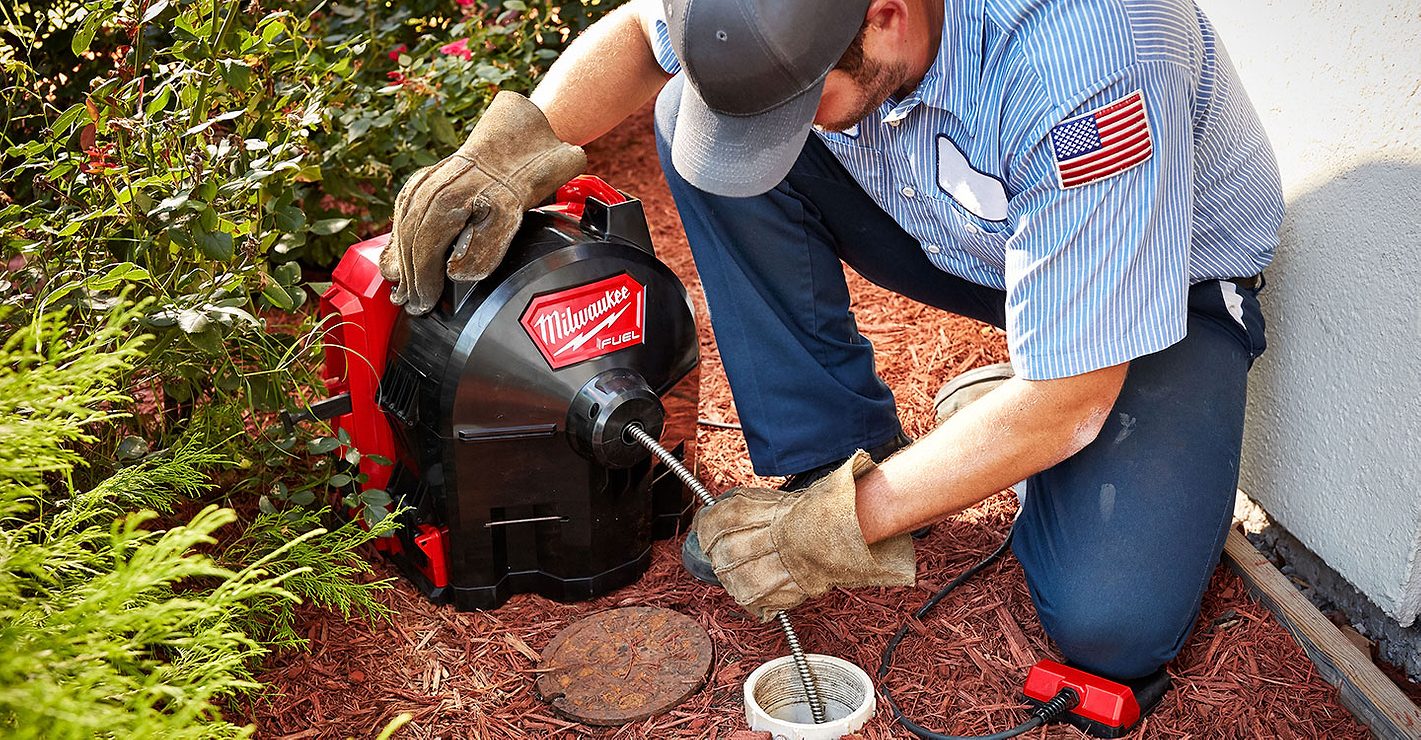
- in the structure itself;
- between floors in multilevel homes; and
- in the foundation.
A well-insulated structure is easier to heat, which allows the radiant designer more flexibility when it comes to choosing floor coverings and radiant system types.
Between-floor insulation in a radiant floor heating system makes the system much easier to control and assures the heat travels where you want it to - upward through the floor, not down through the ceiling to the space below. Under more insulating floors, higher levels of insulation are recommended to prevent this downward heat loss.
Insulation of slabs lessens the back loss of heat to the ground. In residential applications, most radiant system suppliers recommend full insulation under a slab, particularly if there is moist, conductive soil beneath. Less stringent options include insulating either in or down the sides in perimeter areas.
The Radiant Panel Association has developed minimum guidelines for insulation required under radiant floor heating systems (see accompanying chart). Remember, these are minimums, not what might be best. Local codes and systems suppliers may have other requirements.
Many types of insulation may be used depending on the application of local codes. Between floors, traditional fiberglass or one of the new bubble/foil products may be used. Under slabs, the traditional method has been to use closed cell foam insulation specifically manufactured for use in damp locations and under slabs. It comes in variety of compressive strengths. For the correct type and strength, consult with both the insulation supplier and concrete applicator. New bubble/foil and foam tarps have been recently developed for use under slabs and are beginning to gain acceptance.
WEB DIRECTORY:
Radiant Insulation
ESP Inc.www.low-e.com
InFloor Heating System
www.infloor.com
Innovative Energy
www.insul.net
Insulation Solutions
www.insulationsolutions.com
Reflective Insulation Manufacturing Assoc.
www.rima.net
Reflectix Inc.
www.reflectixinc.com
TVM Building Products
www.tvmi.com
Radiant Underlayment
Dura Undercushions Ltd.www.duracushion.com
Hacker Industries
www.hackerindustries.com
Maxxon
www.maxxon.com
Sauereisen
www.sauereisen.com
Sponge Cushion Inc.
www.sponge-cushion.com
Schluter
www.schluter.com
USG Corp.
www.usg.com




